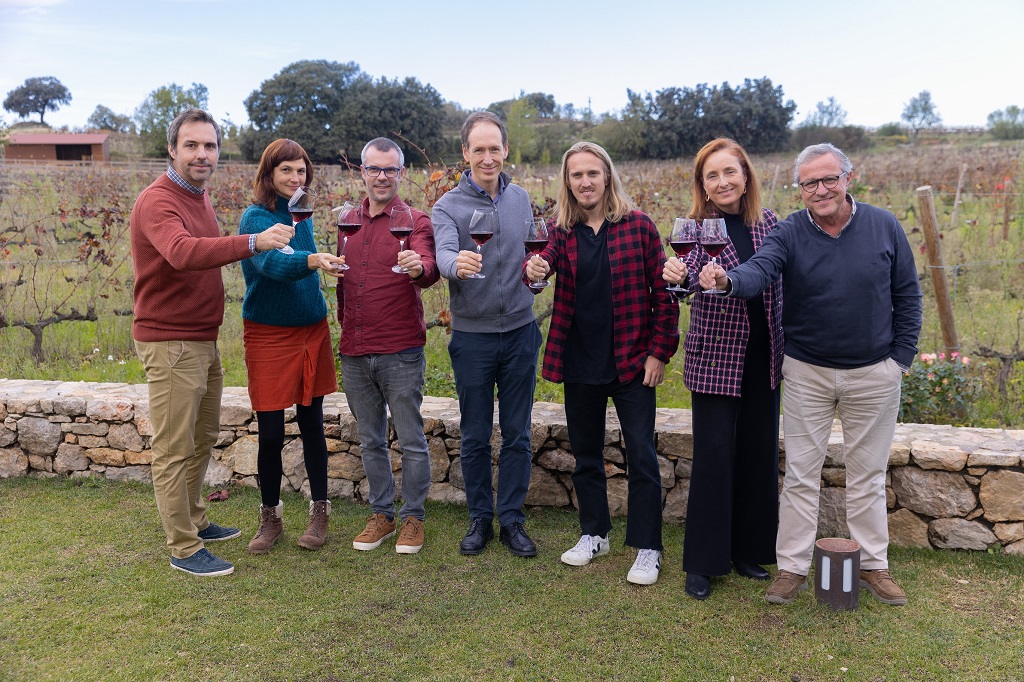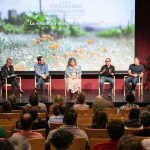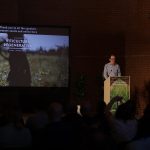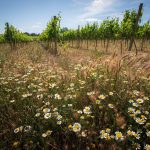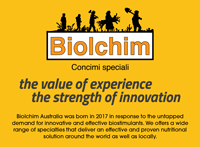Image Courtesy Regenerative Viticulture Association
Driving a paradigm shift in vineyard management in Spain to fight against climate change and at the same time regenerate soil, curb erosion and promote biodiversity. This is the main goal of the Regenerative Viticulture Association, which has been established today in Barcelona and seeks to become a meeting place for sharing information, knowledge and experiences based around holistic management and regenerative agriculture.
Behind this association are five family wineries and businesses from different regions, all of which are committed to sustainability and preserving the planet: Familia Torres, Clos Mogador, Can Feixes and Jean Leon, together with the agricultural consultancy AgroAssessor.
It aims to get other vine-growers, farmers, winemakers, educators, researchers and businesses involved in its cause to expand this agricultural model, which is based on the carbon cycle and the only one that is proposed as a solution to check global warming.
Regenerative viticulture is, ultimately, a model focused on recovering the life in the soil by imitating nature. The more alive the soil is, the more able it is to capture atmospheric CO2 and contribute to slowing down the increase in temperatures.
In turn, the accumulation of organic carbon in vineyard soil will help to improve the health of this soil, increase its resistance to erosion and its capacity to cope with drought as it will retain water better, and it will also encourage biodiversity, creating a balanced ecosystem that benefits both the vineyard and the planet.
The association’s chair is Miguel Torres, from the fifth generation of Familia Torres, while Francesc Font, founder of AgroAssessor, is vice-chair. The other board members are Christian Barbier, head of viticulture at Clos Mogador; Joan Huguet, co-owner of Can Feixes; and Mireia Torres, director of Jean Leon. The role of treasurer is held by AgroAssessor partner Eduard Muixach and the secretary is Familia Torres winemaker Montse Catasús.
“This association’s raison d’être is to spread and share knowledge and experiences,” Miguel Torres explained.
“We have to put aside certain fears and cultural learnings and have the courage to embark on the path to regenerative viticulture to turn the vineyards into big carbon sinks since this is the only vineyard model that makes sense in the current context”.
To explain and promote regenerative practices, the new association plans to organize workshops and symposia, as well as an educational programme with special conditions for members, who will also have access to a permanent discussion forum with the other members where they can exchange experiences and knowledge virtually.
Members also have the opportunity to take part in field trips and will regularly receive information and articles of interest about regenerative viticulture.
“We want the association to be a space where people with similar concerns come together and can share their experiences, as regenerative agriculture doesn’t have a manual that will fit all cases, but is instead based on experimentation. That’s why it’s important for us to learn from one another and share this knowledge to move forward,” Francesc Font said.
The association is open to any person, business or entity interested in regenerative viticulture, anywhere in Spain.
To request more information or join the association, please complete the contact form on the website www.viticulturaregenerativa.org. In addition to information about the association and its members, the website also includes both past and future events (such as the First Regenerative Viticulture Conference, held in June 2021), as well as an area for news and articles of interest about regenerative viticulture.
Are you a Daily Wine News subscriber? If not, click here to join our mailing list. It’s free!

